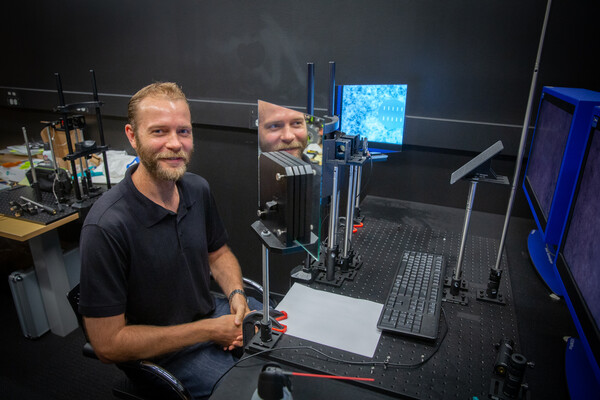
The lab of neuroscientist Johannes Burge (above) focuses on how the human visual system processes the images that fall on the back of the eye. This line of work, closely related to a 100-year-old illusion called the Pulfrich effect, could have serious public safety and public health implications.
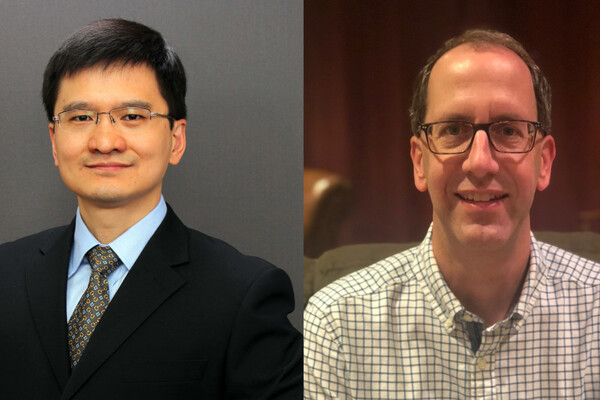

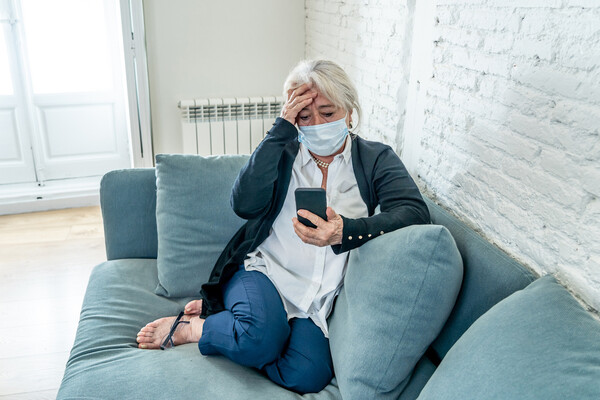
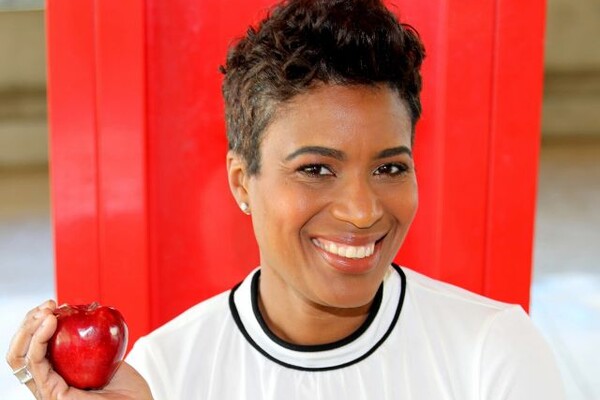 Jennifer Stimpson, a chemist, teacher, and recent alumna of the Graduate School of Education’s mid-career program, was named an IF/THEN ambassador by the American Association for the Advancement of Science. (Image: Courtesy IF/THEN)
Jennifer Stimpson, a chemist, teacher, and recent alumna of the Graduate School of Education’s mid-career program, was named an IF/THEN ambassador by the American Association for the Advancement of Science. (Image: Courtesy IF/THEN)
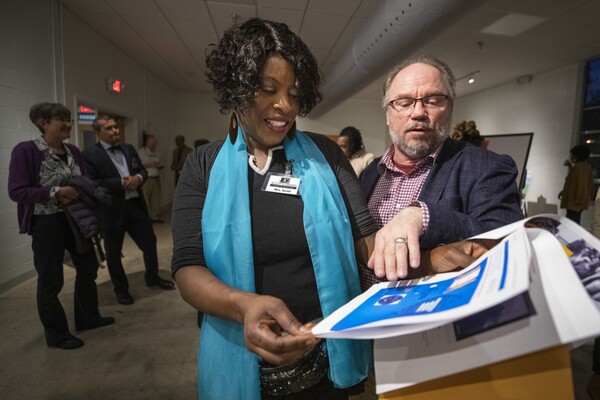
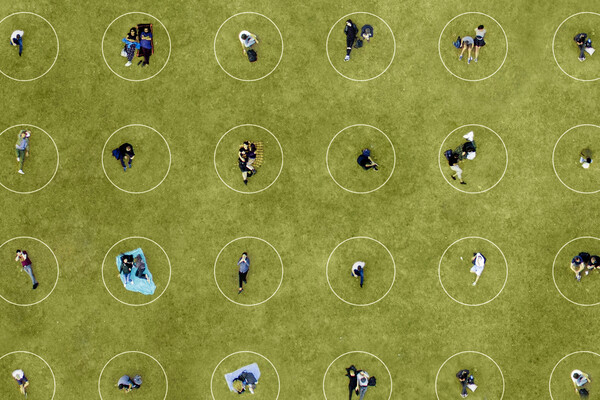
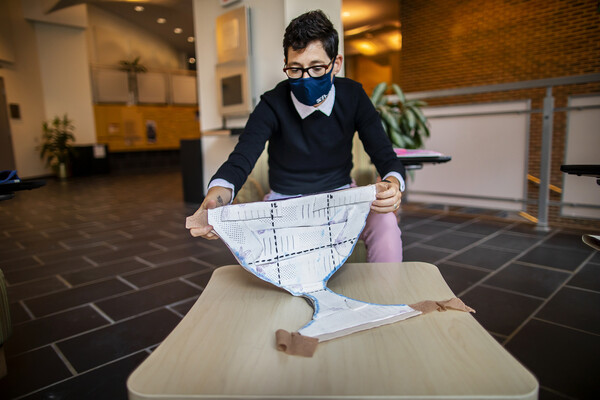 This is the fifth time Marion Leary, Penn Nursing’s first director of innovation, has taught Innovation in Health: Foundations in Design Thinking. Each semester, students use the design-thinking methodology to solve a real-world challenge. They start by empathizing with those facing the struggle and end by creating a prototype, like the one here meant to protect young, active people with irritable bowel syndrome against accidental bowel movements.
This is the fifth time Marion Leary, Penn Nursing’s first director of innovation, has taught Innovation in Health: Foundations in Design Thinking. Each semester, students use the design-thinking methodology to solve a real-world challenge. They start by empathizing with those facing the struggle and end by creating a prototype, like the one here meant to protect young, active people with irritable bowel syndrome against accidental bowel movements.